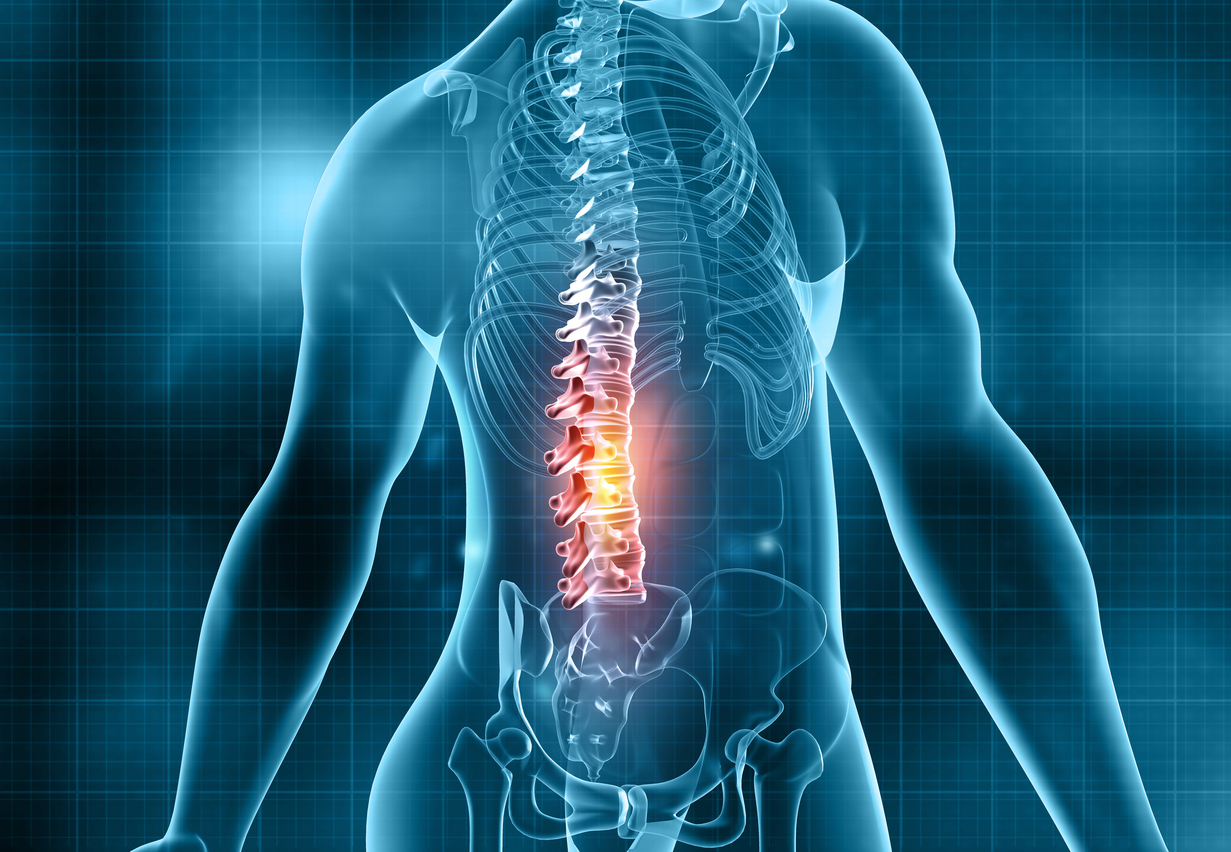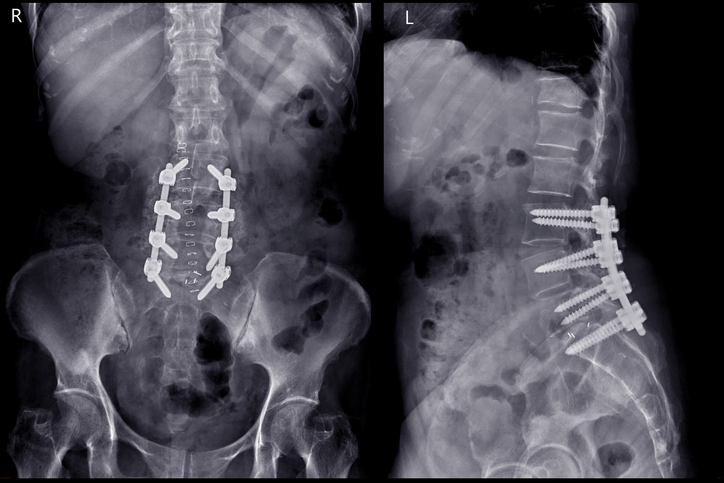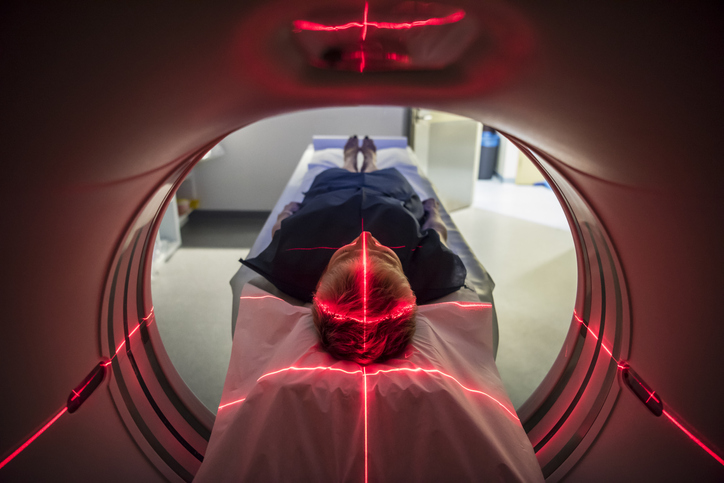Pain
Conventional Medical Treatments for Failed Back Surgery Syndrome (FBSS)

What is Failed Back Surgery Syndrome?
Failed back surgery syndrome (FBSS) occurs when a spine surgery does not relieve the back pain that was present before the surgery. FBSS does not necessarily mean a problem occurred during the surgery; however, it does mean that one of the intended outcomes of the surgery — the reduction or elimination of pain — has failed.
Conventional treatments for failed back surgery syndrome (FBSS)
FBSS symptoms can occur days, weeks, months, or even a few years after a back surgery. It is common for health care providers to take a multifaceted approach to treating pain that persists following back surgery. Conventional treatments for FBSS include physical therapy, psychological based therapies, medications, and spinal cord stimulation therapy.
Physical therapy
Physical therapy can be beneficial for FBSS in order to restore the function of the spine and prevent further injury. It can help build tolerance and mental adaptation to the condition. Physical therapy is most effective when the therapist works with the individual’s specific needs.
Psychological based therapies
Psychological based therapies, especially cognitive-behavioral therapy (CBT), involves identifying and changing negative thoughts and behaviors. This can be helpful in treating the mental and emotional issues that may arise from FBSS. The use of psychological therapy has shown to increase the effectiveness of other treatment plans.
Medications
When other treatment options are ineffective or insufficient at providing pain relief, medications may be a viable option. Medications used to treat pain associated with FBSS include the following:
- NSAIDs
NSAIDs (non-steroidal anti-inflammatory drugs) are commonly used to treat back pain. They work by blocking certain chemicals that cause inflammation. NSAIDs are available over-the-counter; however, a physician may prescribe a higher-strength if pain is severe. NSAIDs can have significant side effects and should not be taken longer than 10 days unless recommended by a physician. - Anticonvulsants
Anticonvulsants, such as gabapentin and pregabalin, are prescription medications that can help reduce nerve related pain. Possible side effects include poor balance, drowsiness, or inflammation in the lower extremities. - Antidepressants
Antidepressants can help improve sleep and reduce muscle and nerve pain associated with FBSS. Three main types of antidepressants prescribed for pain include tricyclic antidepressants (TCAs), selective serotonin reuptake inhibitors (SSRIs), and serotonin and norepinephrine reuptake inhibitors (SNRIs). - Muscle Relaxers
Muscle relaxants can ease muscle pain and spasms. Options may include carisoprodol or baclofen. - Opioids
Opioids may be prescribed to treat severe FBSS related pain. They work with brain receptors that control pain. Options include codeine, oxycodone, morphine, fentanyl and hydrocodone.
Spinal cord stimulation therapy
Spinal cord stimulation is a medication-free therapy that uses tiny electrical impulses, via an implanted device, to mask pain signals from reaching the brain. The effectiveness of spinal cord stimulation will vary from individual to individual, which is the reason for a trial prior to permanent implantation. Individuals interested in this therapy should speak with their pain management specialist.
















